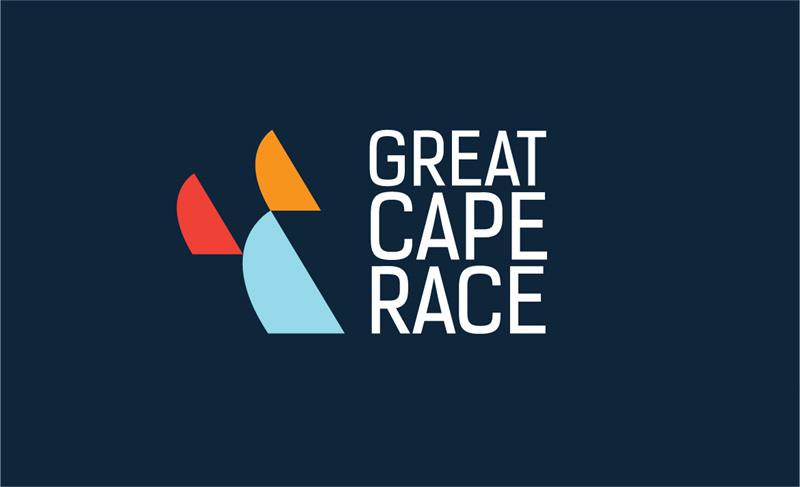
Great Cape Race 2021: Why sailing needs a no-frills round the world race
by Guy Nowell 6 Nov 2020 01:38 PST
October 2021

Great Cape Race 2021-22 © Great Cape Race
In 1969 Sir Robin Knox-Johnston completed the first solo unassisted non-stop circumnavigation. Sir Francis Chichester and Sir Alec Rose went 'around alone' but many of the sailing Establishment still thought that the idea of a fully-crewed round-the-world race was an impossibility. Fortunately, not everyone was listening.
The best deals are done in pubs, and a meeting between the Royal Naval Sailing Association and brewery chief Sam Whitbread (appropriately, in a pub in Portsmouth) led to the Whitbread Race, and when in September 1973 17 boats crossed the start line in Portsmouth, a whole series of legends began.
Conceptually, it was simple stuff: follow the Clipper routes around the world, and stop off at Cape Town, Sydney and Rio de Janeiro along the way. Four races, handicaps, aggregate times to count for an overall result. An adventure waiting for anyone ready to step up to the plate.
After seven editions of the race between 1973 and 1998, the Whitbread Round-the-World Race became the Volvo Ocean Race, and in 2019 just 'The Ocean Race'. Over the latter period the race became more and more a commercial venture dominated by sponsors' fiscal interests, and less an adventure for Corinthian sailors. The course around the world deviated substantially from the traditional Clipper route, dictated by the need to keep the paying customers happy, visiting Scandinavia, the UAE, India, China, and North America. Some said it was more about the money, and less about the sailing. Some suggested that the tail was now wagging the dog.
The variety of boats that contested the early editions of the race have now ended up as two One Design classes, and private owners with a suitable boat and a competent crew being able to participate are a thing of the past. Except...
Now say hello to the Great Cape Race, brainchild of Andrew Cape, some seriously experienced race management (inc one Volvo-winning team CEO), and of course a few beers in the pub. "We're not trying to recreate the Whitbread Race," says Capey, himself a veteran of eight circumnavigating races, "but nowadays it's really hard for a sailor to get a foot in the door for a Volvo or an Ocean Race. The huge amounts of money involved mean that you have to be at the top of the game in order to get picked, and you can't do that without a lot of experience. It's a Catch-22 situation." (Capey's first Whitbread Race was on board Tokio, in 1993-94, and he says he's not getting any younger).
And then there's the money. "Buying into a full professional one design fleet race like The Ocean Race is very, very expensive. Bring your own boat, and bring back handicaps. It's cheaper that way. There are so many boats out there (and their owners, and crews) that would love to do a round-the-world race, but there isn't a race for them to join. Practically anything that races Class 0, and would like something bigger to chew on than a Fastnet or a Bermuda." Stick to the Clipper Route, limit the number of stopovers, and that way you contain both time and costs."
The emphasis of the GCR is fully "on the sailing, not the circus." With expressions of interest already in double figures, quite evidently there are a few people out there who would like their sailing a bit more plain vanilla and a little less knickerbocker glory. This sounds like an idea whose time has come (again): an open race for anyone looking for some real adventure.
www.greatcaperace.com